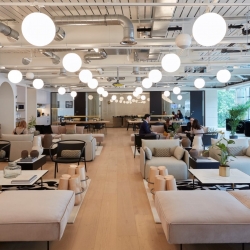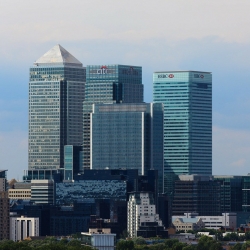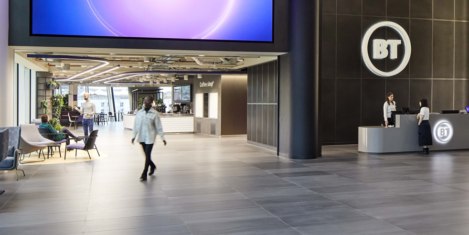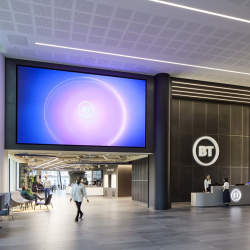September 8, 2022
Nearly half of people feel disconnected from colleagues
 Around 42 percent of UK employees don’t feel a sense of connection to co-workers and a quarter say they don’t think they have one friend at work, according to a new poll from BetterUp [registration]. UK employees with a lower sense of belonging have an 80 per cent stronger intention to quit their jobs than those who feel comfortable at work, according to the survey. It also claims that the findings come as UK workplaces are struggling with new trends such as ‘quiet quitting’, whereby employees are setting boundaries when it comes to working late and working on projects that aren’t in their job description, as well as issues around recruitment and talent retention. More →
Around 42 percent of UK employees don’t feel a sense of connection to co-workers and a quarter say they don’t think they have one friend at work, according to a new poll from BetterUp [registration]. UK employees with a lower sense of belonging have an 80 per cent stronger intention to quit their jobs than those who feel comfortable at work, according to the survey. It also claims that the findings come as UK workplaces are struggling with new trends such as ‘quiet quitting’, whereby employees are setting boundaries when it comes to working late and working on projects that aren’t in their job description, as well as issues around recruitment and talent retention. More →










 The current debate about how much space we will need in the office from now on is not new. As with many of the debate’s facets, the point at which we find ourselves has long been our destination. We’re just here earlier than we might have expected.
The current debate about how much space we will need in the office from now on is not new. As with many of the debate’s facets, the point at which we find ourselves has long been our destination. We’re just here earlier than we might have expected. 






 With McKinsey & Company reporting that businesses with more diverse teams —whether that’s racially, socio economically or educationally— are 35 percent more profitable than organisations that are not, tech start-up
With McKinsey & Company reporting that businesses with more diverse teams —whether that’s racially, socio economically or educationally— are 35 percent more profitable than organisations that are not, tech start-up 















August 30, 2022
Is the growing number of working mums a cause for celebration or concern?
by Hina Belitz • Comment, Wellbeing